Phase 3II AO - AKARI
AKARI Phase 3-II (Post-Helium) ESA Call for Proposals
This announcement dealt with observations to be performed in the AKARI post-Helium phase, in which imaging and spectroscopic capabilities are available in the 1.8 to 5.5 micron wavelength range. The Phase 3-II observation period starts on October 15th, 2009 for one year.
Resulting from ESA's participation in the mission, 10% of the total observing opportunities in the non-survey parts of the mission are reserved for programmes from individuals and teams from institutes located in ESA member states.
Japanese and Korean astronomers were referred to the parallel ISAS Call.
Deadline for submission
The deadline for proposals submission was 6 July, 2009, 9:00 UT.
Documentation
- Letter from ESA Director of Science and Robotic exploration
- The formal invitation letter from the Director of the ESA Scientific Programme.
- Announcement of Opportunity: Call for Observing Proposals for ESA Open Time
- A document providing the necessary information about the policies adopted and the procedures to be followed.
- AKARI Observer's Manual for Phase 3-II
- A document which describes the mission, scientific instruments and observing modes, the instrument performance, including guidelines for the observation planning.
- AKARI Observer's factsheet
- A synoptic 2-pages overview of the mission and instrument capabilities, sensitivities and observing modes (AOTs).
- Sky visibility maps
- Sky visibility maps for Phase 3-II Open Time observations
- Description of Mission Program (MP) Observations for Phase 3-II
- MP Abstracts [PDF; 0.9 MB]
- Blocked Target List
Support Tools/Links
- Target list Validity Check Tool
- A web tool to check the format of a proposal target list.
- Target Visibility Tool
- A web tool to check target visibility.
- Duplication Check Tool
- A web tool to check duplication of a target list against nearby entries in the blocked target list.
- DARTS Observation Log
- iris_sky
- An IDL tool developed at ISAS to browse IRAS and 2MASS images and overlay the AKARI Field-of-Views.
Proposal Submission Tool
- Proposal Submission Tool
Additional information
For reference, the Call for the 1st year of observations can be found here. The AKARI Observers Page contains information about the observations performed in the cold and warm phases of the mission, the data archive and observing log, tools for data reduction and the associated documentation (Instrument Data User Manuals).
Helpdesk
For any questions about the ESA AKARI Open Time observations, please consult the ESA AKARI Helpdesk
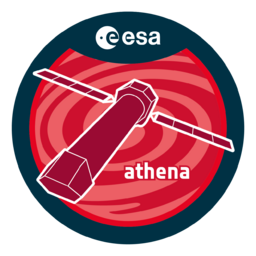
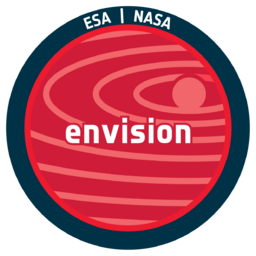
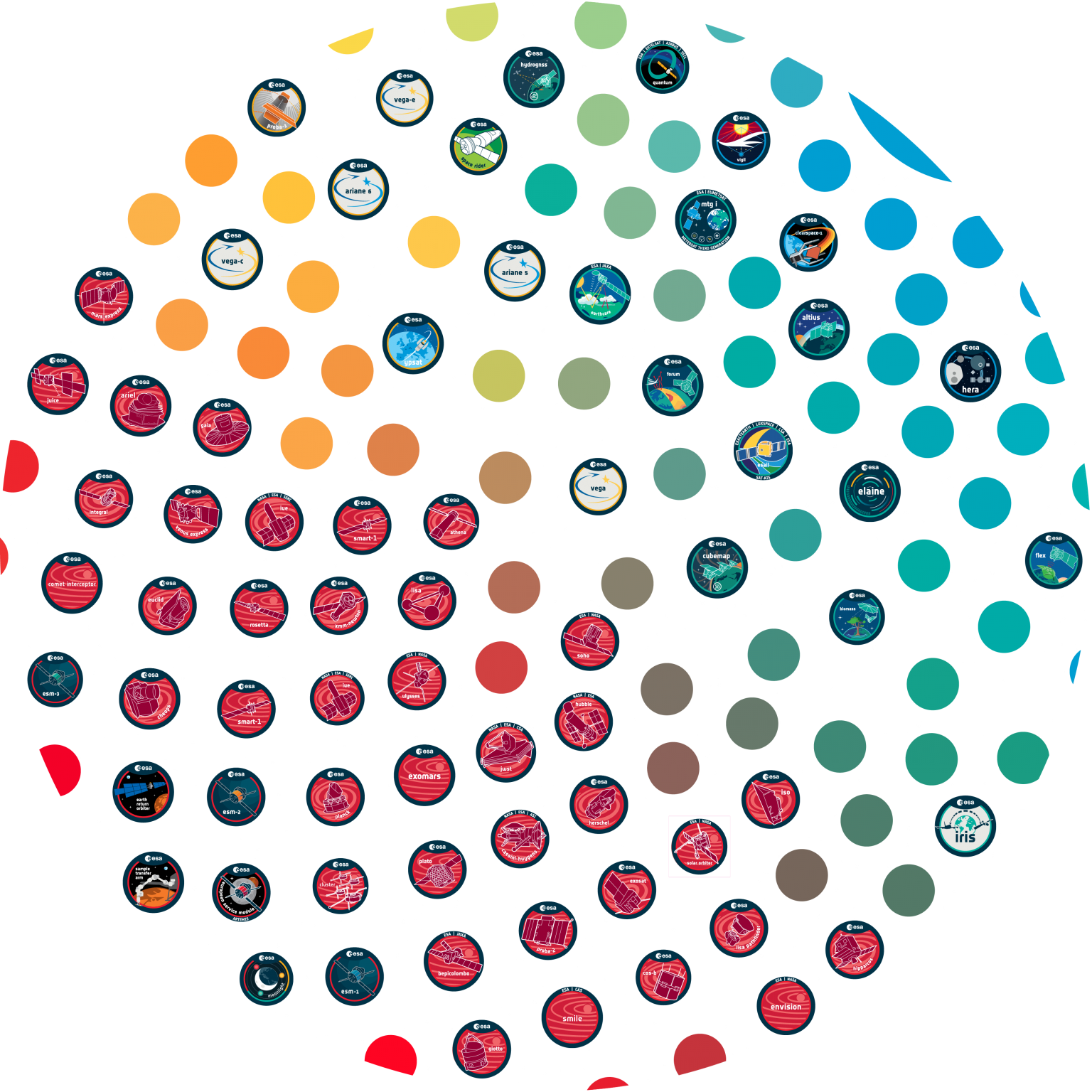
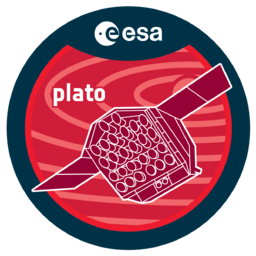
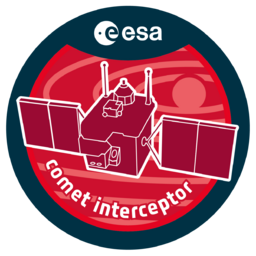

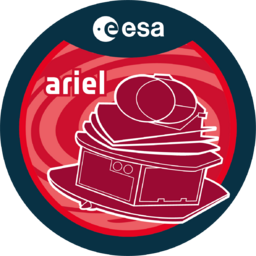
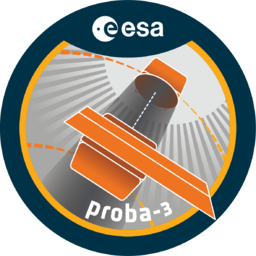
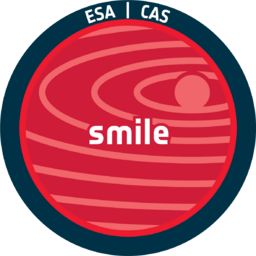
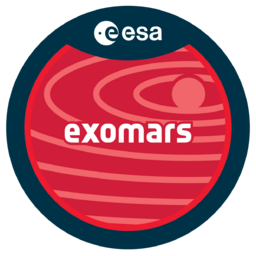
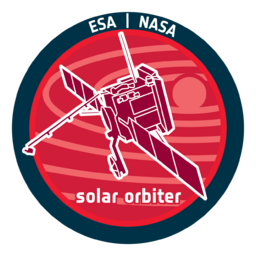
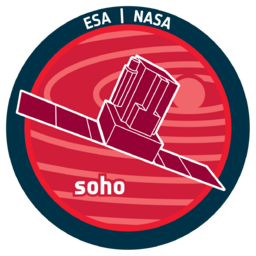
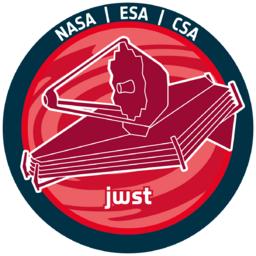
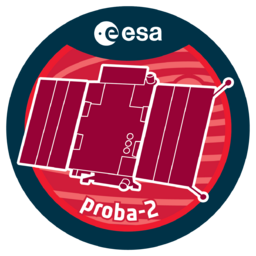
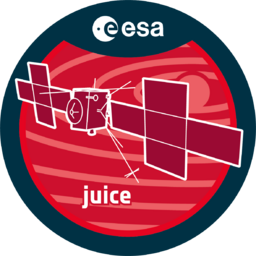
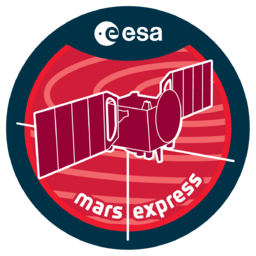
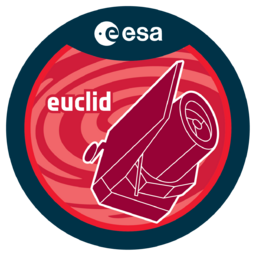
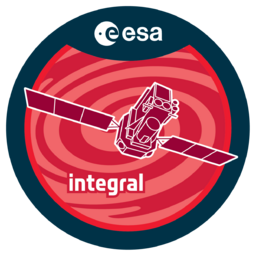
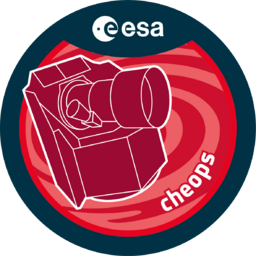
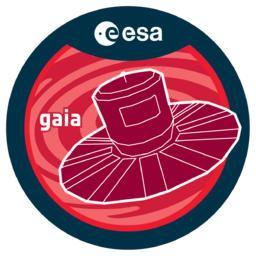
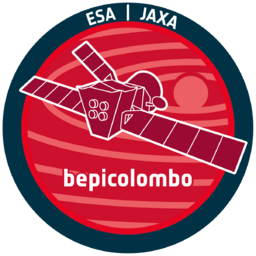
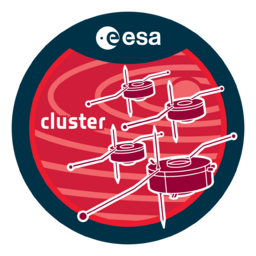
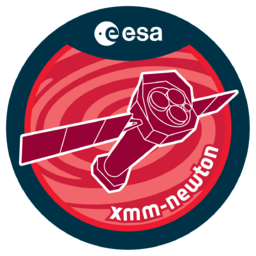
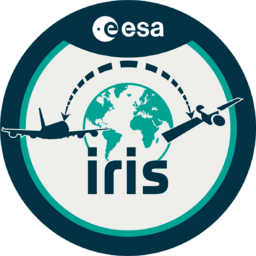
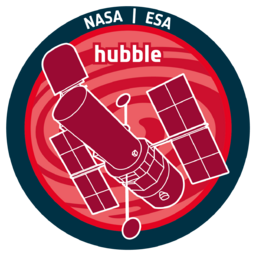
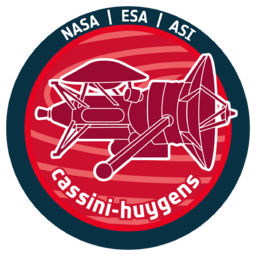
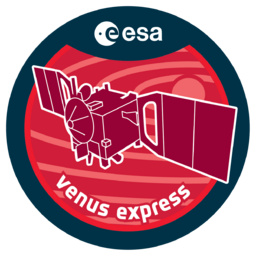
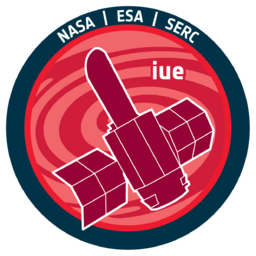
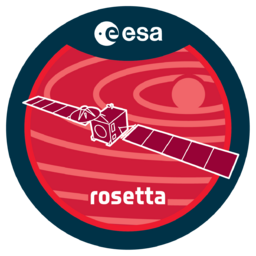
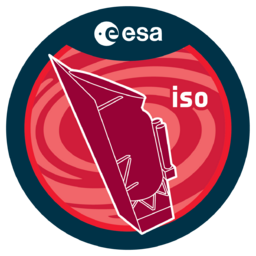

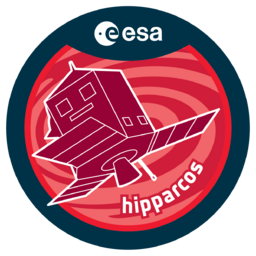
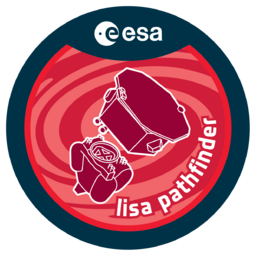
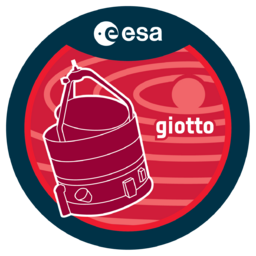
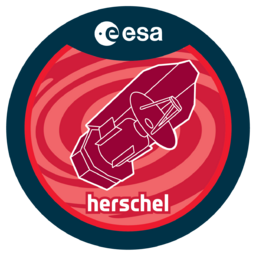
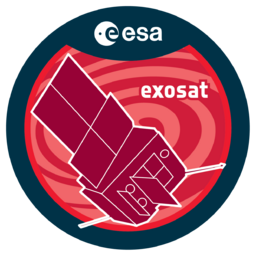
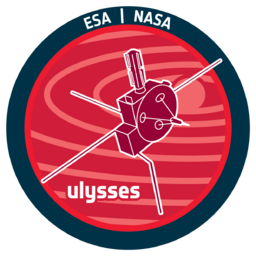
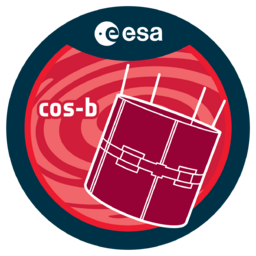
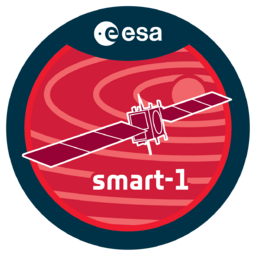

 Sign in
Sign in
 Science & Technology
Science & Technology